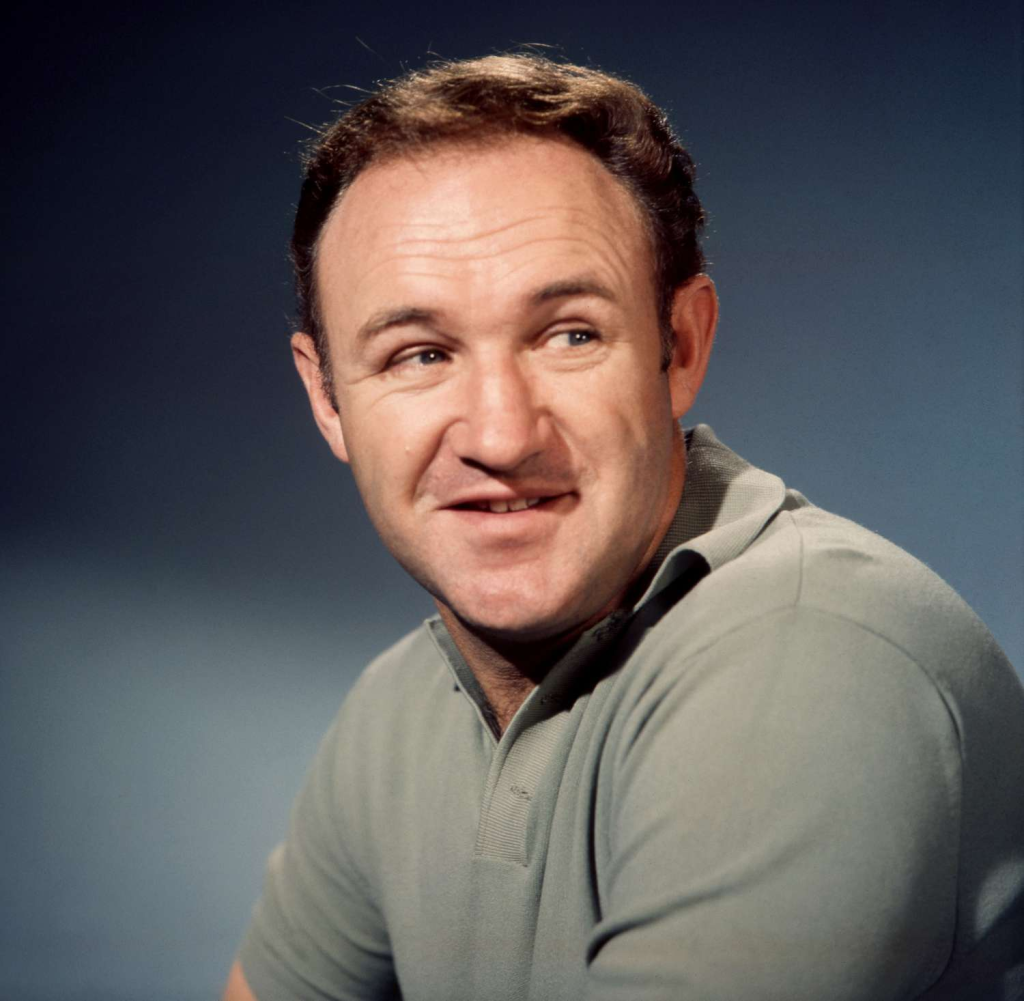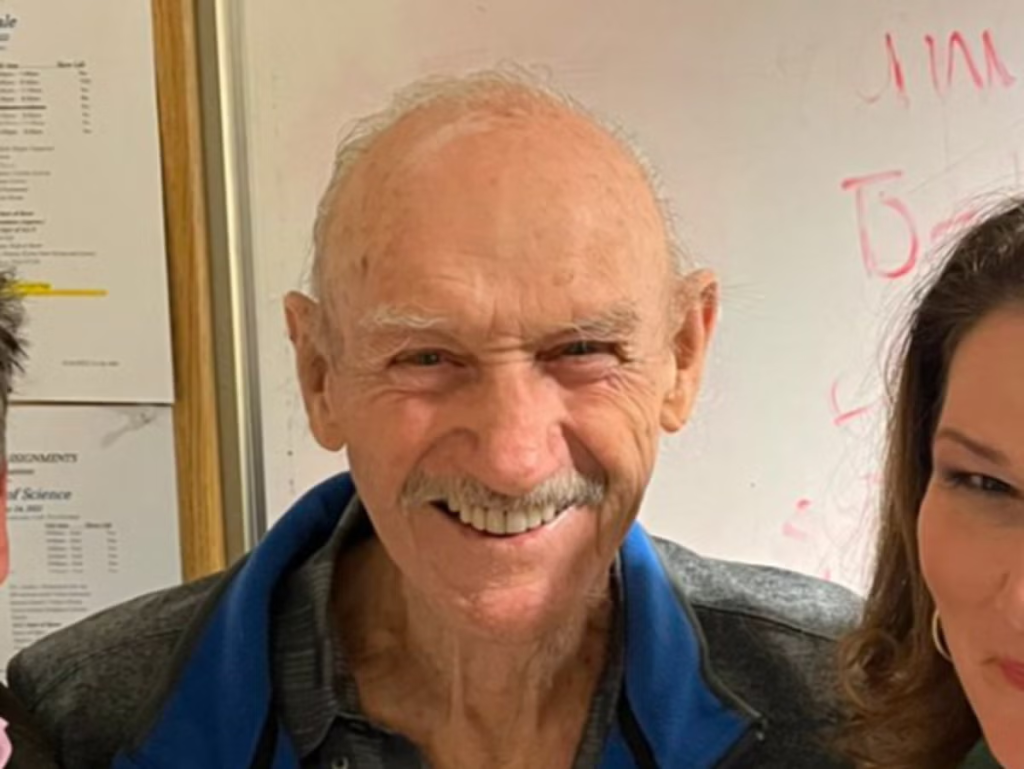Gene Hackman is one of the most celebrated actors in Hollywood history, known for his remarkable versatility, intensity, and commanding screen presence. Over six decades, he delivered unforgettable performances in films spanning crime dramas, action thrillers, westerns, and comedies. With two Academy Awards, four Golden Globes, and countless nominations, Hackman’s legacy in film is unparalleled.
From his early struggles as an aspiring actor to becoming an Oscar-winning legend, his career is a testament to perseverance, raw talent, and an unrelenting dedication to his craft. Let’s explore his journey, his most iconic roles, and why his impact on cinema remains as strong as ever.
Early Life and the Road to Acting

Born Eugene Allen Hackman on January 30, 1930, in San Bernardino, California, he spent his early years moving frequently before settling in Danville, Illinois. His parents’ divorce at the age of 13 left a lasting impression on him, and his father’s departure from the family shaped his independent and determined spirit.
At just 16, Hackman left home and joined the U.S. Marine Corps, serving as a field-radio operator. His time in the military took him to China, Hawaii, and Japan before his discharge in 1951. Afterward, he studied journalism and television production at the University of Illinois but ultimately pursued acting, moving to California before heading to New York City.
The Struggles Before Stardom
Hackman’s journey into acting wasn’t easy. He trained at the Pasadena Playhouse, where he befriended fellow aspiring actors Dustin Hoffman and Robert Duvall. The three were considered “unlikely to succeed” by their instructors—a prediction that only fueled their determination.
In New York, Hackman worked odd jobs to make ends meet while studying at the Actors Studio. Despite facing rejection, he continued to push forward, landing minor television and stage roles. His breakthrough finally came in 1967 when he portrayed Buck Barrow in Bonnie and Clyde, earning his first Academy Award nomination for Best Supporting Actor.
The French Connection: A Star is Born
While Hackman had already proven himself as a strong supporting actor, it was 1971’s The French Connection that cemented his status as a Hollywood star. Playing the relentless and unorthodox detective Jimmy “Popeye” Doyle, he delivered an electrifying performance that won him his first Academy Award for Best Actor.
The film was a gritty, fast-paced crime thriller that redefined police dramas, and Hackman’s portrayal of the tough, obsessive cop became iconic. His performance showcased his ability to bring raw realism to characters, making them both flawed and compelling.
A String of Iconic Roles in the 1970s and 1980s
Following his Oscar win, Hackman starred in a series of critically acclaimed films that further demonstrated his range.

- In The Poseidon Adventure (1972), he played a determined priest fighting for survival in a capsized ocean liner.
- The Conversation (1974), directed by Francis Ford Coppola, featured Hackman in one of his most nuanced performances as a surveillance expert battling paranoia and guilt.
- He famously took on the role of Lex Luthor in Superman (1978) and its sequels, bringing charm, wit, and a touch of humor to the iconic villain.
- His intense portrayal of an FBI agent in Mississippi Burning (1988) earned him another Academy Award nomination for Best Actor.
Throughout this period, Hackman’s ability to switch between genres—from crime dramas to action thrillers to comedies—made him one of the most in-demand actors of his time.
Unforgiven and the Second Oscar Win
In 1992, Hackman starred in Clint Eastwood’s Unforgiven, a western that deconstructed the myth of the Old West. Playing “Little” Bill Daggett, a ruthless yet seemingly justified sheriff, Hackman delivered a chilling performance that earned him the Academy Award for Best Supporting Actor.
Unforgiven was more than just another western; it was a powerful meditation on violence, morality, and justice. Hackman’s portrayal of the lawman who believed in his own righteousness, despite his brutal methods, was one of the film’s highlights.
Expanding His Legacy in the 1990s and 2000s

Even as he aged, Hackman continued to deliver standout performances. Some of his notable films from this era include:
- The Firm (1993), where he played a morally conflicted lawyer opposite Tom Cruise.
- Crimson Tide (1995), a tense military thriller with Denzel Washington.
- The Birdcage (1996), where he showcased his comedic chops alongside Robin Williams and Nathan Lane.
- Enemy of the State (1998), a high-octane thriller that played off his role in The Conversation.
- The Royal Tenenbaums (2001), one of his most beloved performances as the eccentric and deeply flawed patriarch of a dysfunctional family.
Hackman’s ability to seamlessly shift between intense dramas, action-packed thrillers, and lighthearted comedies made him one of Hollywood’s most adaptable and respected actors.
Retirement and Life Beyond Hollywood
In 2004, Hackman quietly retired from acting after starring in the comedy Welcome to Mooseport. He later confirmed that health concerns, including heart-related issues, played a role in his decision to step away from the industry.
Instead of acting, he turned his attention to writing, co-authoring several historical fiction novels with undersea archaeologist Daniel Lenihan. His books, including Wake of the Perdido Star and Justice for None, showcased his storytelling talents in a new medium.
Despite retiring from Hollywood, Hackman remained a beloved figure, occasionally making public appearances and offering insights into his storied career.
The Enduring Legacy of Gene Hackman

Gene Hackman’s career is a testament to perseverance, talent, and the ability to evolve with the industry. Unlike many actors who get typecast, he thrived in every genre, delivering unforgettable performances across decades.
His dedication to his craft, refusal to conform to Hollywood norms, and ability to make every character compelling set him apart from his peers. Whether playing a corrupt sheriff, a determined detective, or a comedic villain, he always brought authenticity and depth to his roles.
Though retired, Hackman’s films continue to captivate audiences, proving that true talent never fades. His legacy as one of the greatest actors of all time is firmly cemented in cinema history, ensuring that future generations will continue to discover and appreciate his extraordinary work


